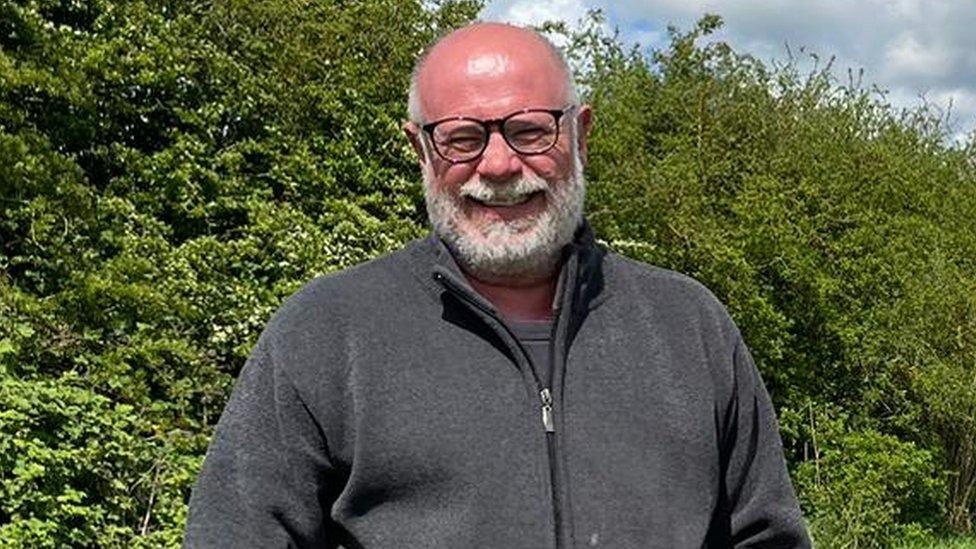Wasp numbers decline 'really sad' - wildlife trust
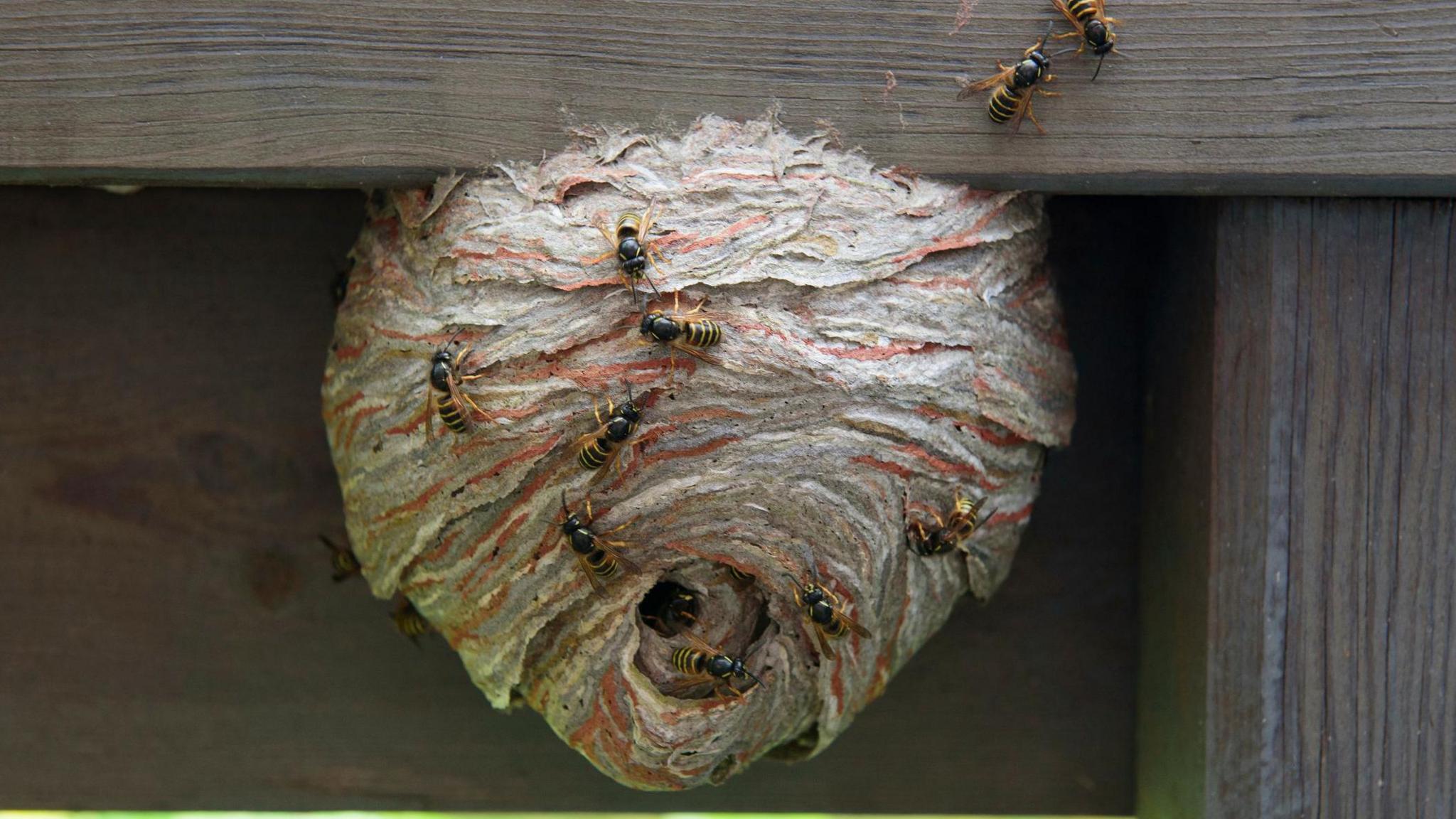
Mr Brighton has worked as a pest controller for 25 years in Spilsby
- Published
A Lincolnshire pest controller has said they are being called to fewer incidents involving wasps as numbers of the insects are down.
According to Trevor Brighton, who has dealt with wasp call-outs for 25 years, the species are “vulnerable” because of bad weather.
“A long miserable spring has not allowed wasps to flourish,” he said.
A scientist from the University of Lincoln has also noticed a lower number than expected of wasps in the county and blamed "a combination of climatic factors".
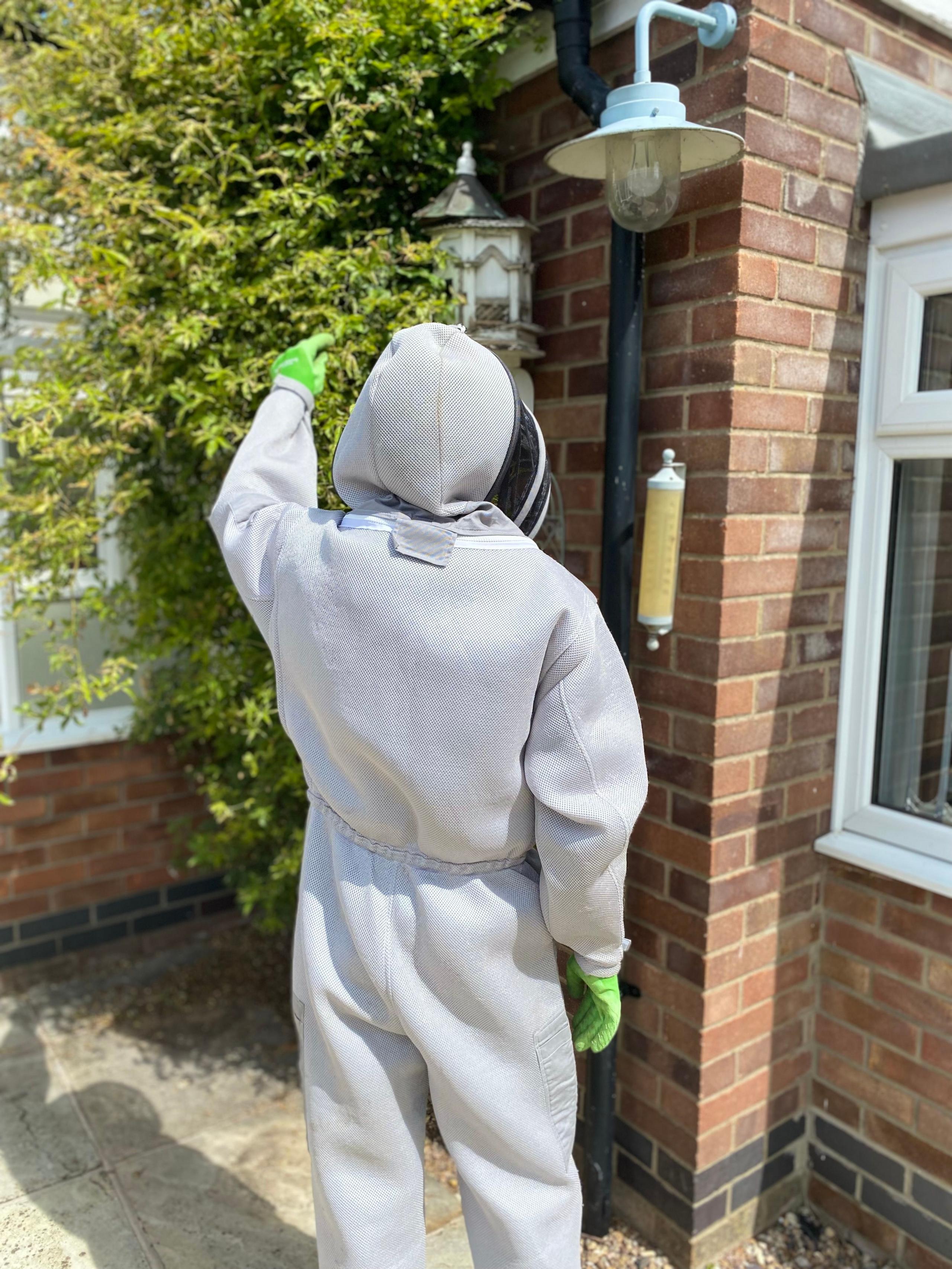
Mr Brighton has worked in pest control for 25 years in Lincolnshire
Mr Brighton said he believed the insects would return when the weather was warmer.
“They will come back and bite us with vengeance,” he said.
But, an expert from the University of Lincoln has said wasps were nothing to fear.
Colin Butter, an associate professor in bioveterinary science, argued the insects were “a valuable part of the eco-system. They are pollinators so we don’t want to lose the population”.
He added:" We’ve had a miserable spring and summer and this could be a strong factor.
“By the time you hit now July, August, wasps really start to be a problem."
Prof Butter said if the weather improved then colonies would expand with queens which had survived the spring.
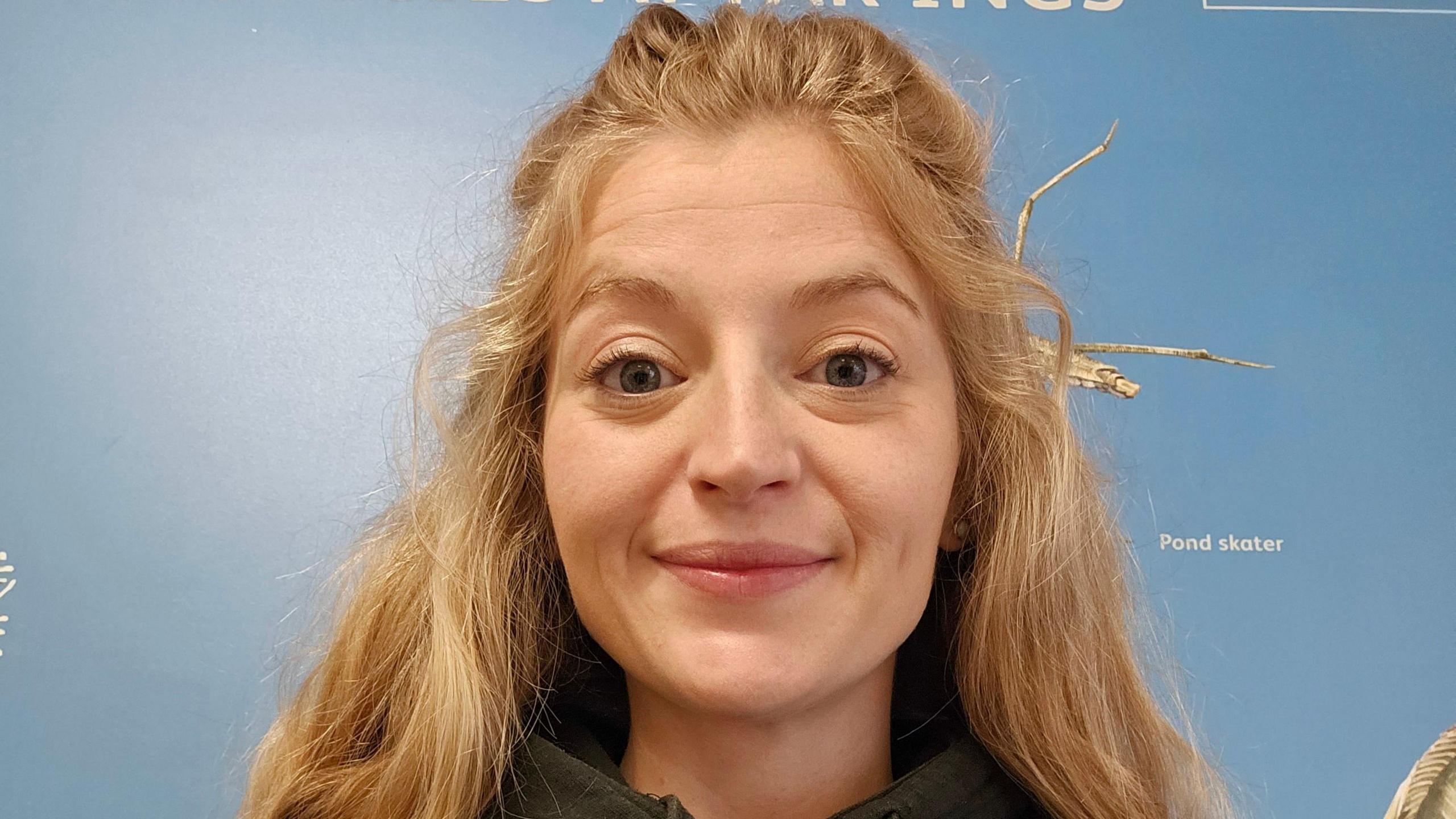
Libby Burgess from the Lincolnshire Wildlife Trust said declining wasp numbers were "alarming"
The latest State of Nature Report , externalby the National Trust in 2023 saw a decrease in the distribution of insects including wasps across the UK.
Libby Burgess, from the Lincolnshire Wildlife Trust believes fewer wasps are worrying, “It is an alarming realisation for our planet”.
She said the decline is “really sad” and shows wider implications in the ecosystem.
"It is natural to see ebbs and flows or booms and busts within nature but research has shown a steady decline," she added.
Follow BBC East Yorkshire and Lincolnshire on Facebook, external, X (formerly Twitter),, external and Instagram. , externalSend your story ideas to eastyorkslincs.news@bbc.co.uk, external
More stories about
- Published2 May 2024
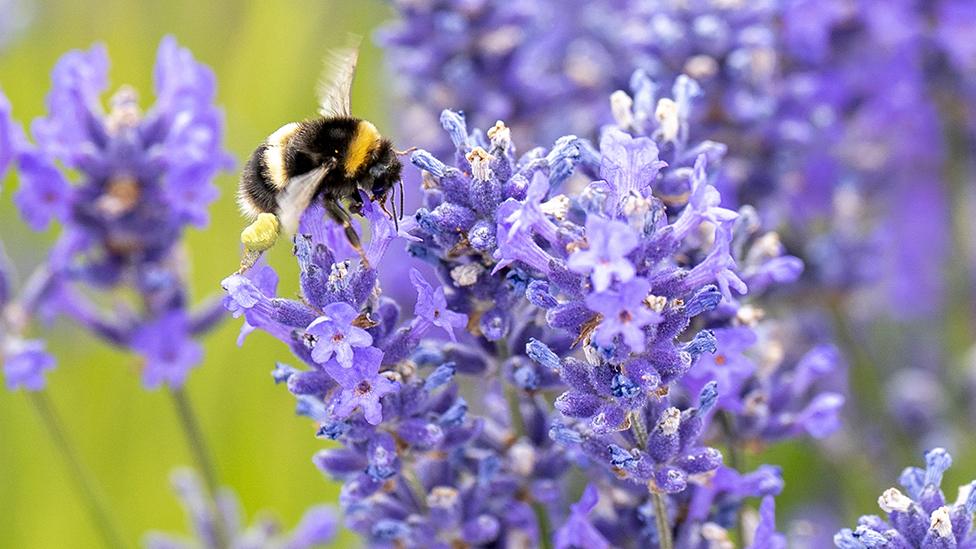
- Published25 May 2024
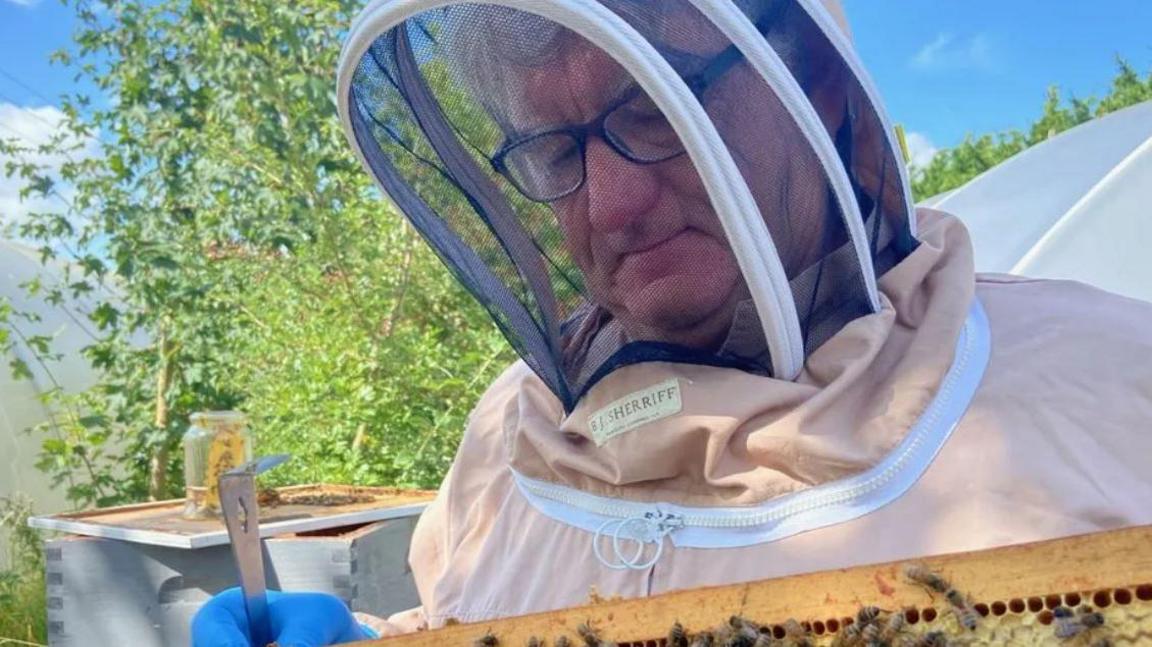
- Published16 May 2023
